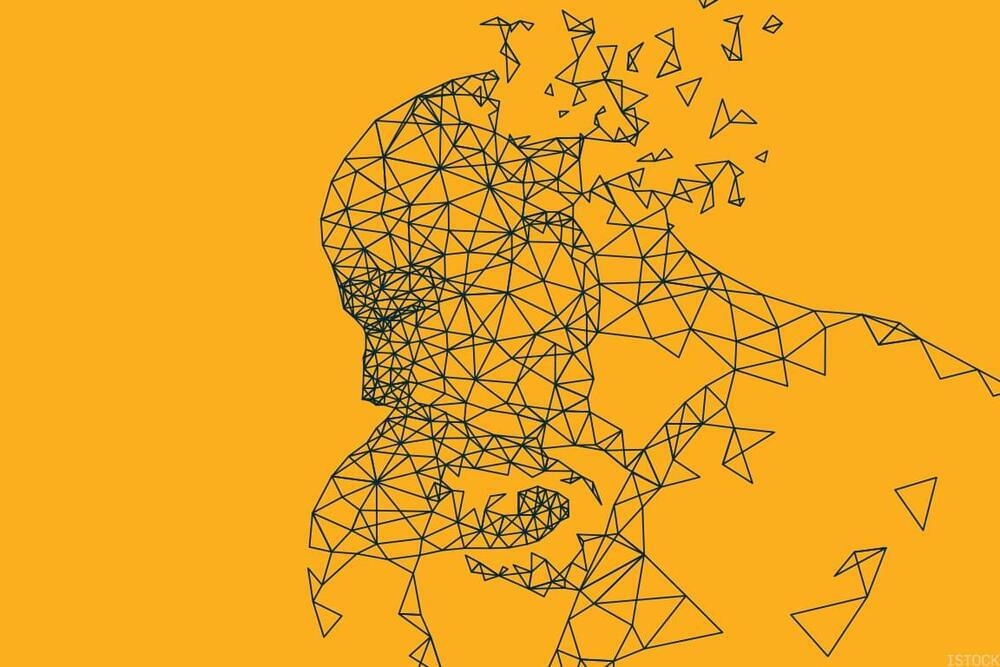Extreme heat is increasing electricity demand as people crank up the AC. The strain could be too much.




Cambridge scientists have developed a new prototype for computer memory that could make for faster chips that could hold up to 100 times more data. The system is made up of barium bridges between films of a disordered material.
As powerful as current computer technology can be, there are a few hard limits to it. Data is encoded into just two states – one or zero. And this data is stored and processed in different parts of a computer system, so it needs to be shuttled back and forth, which consumes energy and time.
But an emerging form of computer memory, known as resistive switching memory, is designed to be far more efficient. Rather than flipping a bit of information into one of two possible states, this new kind of memory can create a continuous range of states. This is done by applying an electrical current to certain types of materials, which causes their electrical resistance to become either stronger or weaker. A broad spectrum of these slight differences in electrical resistance creates a series of possible states to store data.

Making history with 42 digits, scientists at Paderborn University and KU Leuven have unlocked a decades-old mystery of mathematics with the so-called ninth Dedekind number.
Experts worldwide have been searching for the value since 1991. The Paderborn scientists arrived at the exact sequence of numbers with the help of the Noctua supercomputer located there. The results will be presented in September at the International Workshop on Boolean Functions and their Applications (BFA) in Norway.
What started as a master’s thesis project by Lennart Van Hirtum, then a computer science student at KU Leuven and now a research associate at the University of Paderborn, has become a huge success. The scientists join an illustrious group with their work. Earlier numbers in the series were found by mathematician Richard Dedekind himself when he defined the problem in 1,897, and later by greats of early computer science such as Randolph Church and Morgan Ward. “For 32 years, the calculation of D was an open challenge, and it was questionable whether it would ever be possible to calculate this number at all,” Van Hirtum says.

Satellite-to-phone connectivity provider Lynk has made its debut in Palau, where the nation’s hundreds of islands make traditional cell coverage difficult to achieve. The company’s “cell towers in space” now cover the entire country — intermittently, but that’s a lot better than nothing, and service will improve as more satellites are added to the constellation.
Lynk is among the first of a new wave of direct satellite-to-phone providers, replacing the bulky, dedicated satphones of yore by connecting ordinary mobile devices to low Earth orbit. It’s difficult to engineer for many reasons, as you can imagine.
Apple’s SOS has the most high-profile use case, with the distinguishing characteristic of having to actually point your phone at an unseen satellite, but Lynk’s service requires no special behavior by the user — it just works like a roving cell tower, connecting when it passes overhead.

Summary: Scientists used mathematics to explain the social phenomenon of six degrees of separation.
Their work suggests that the balance between the cost and benefit of maintaining social connections shapes the global human social network. According to their findings, individual efforts to optimize their social connections result in an average of six steps between any two people.
This explains why ideas, trends, and even diseases can spread globally within a few transmission steps.


What you can do to right now in just a few minutes to help secure the grid. See special quest producer David Tice explain how he is using the Grid Down Power Up movie, narrated by Dennis Quad to give us hope for a secure future. Do it for the kids!
Grid Down Power Up: https://griddownpowerup.com/
See the Special Deals at My Patriot Supply: www.PrepWithGreg.com.
EMP Taskforce on National and Homeland Security: https://emptaskforce.us/
CSM Mike Mabee’s Grid Security Now Website: https://michaelmabee.info/take-action/
Secure the Grid: https://securethegrid.com/